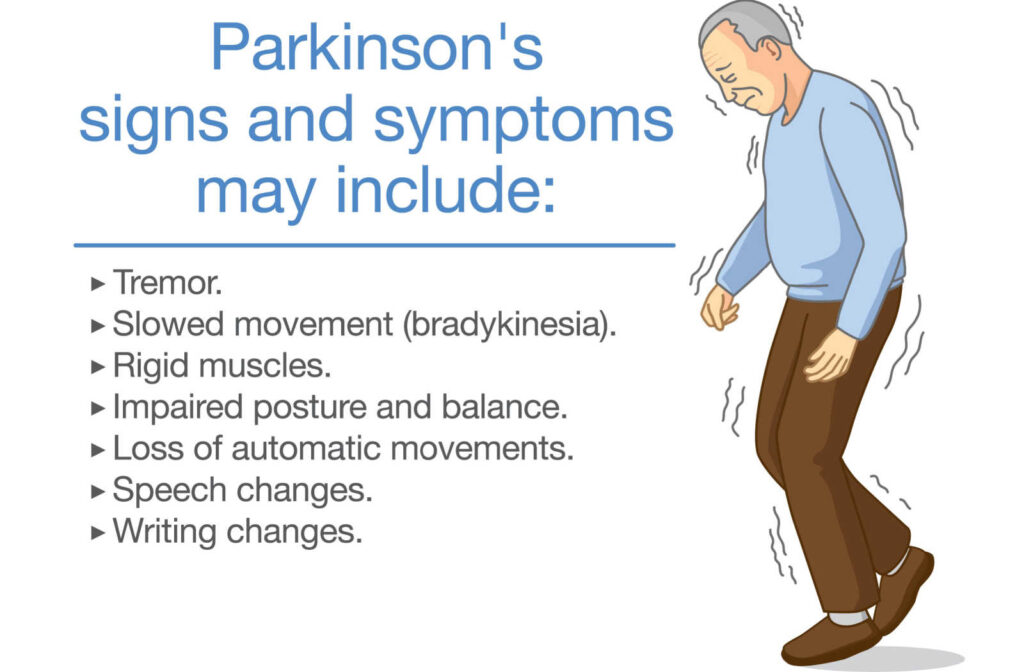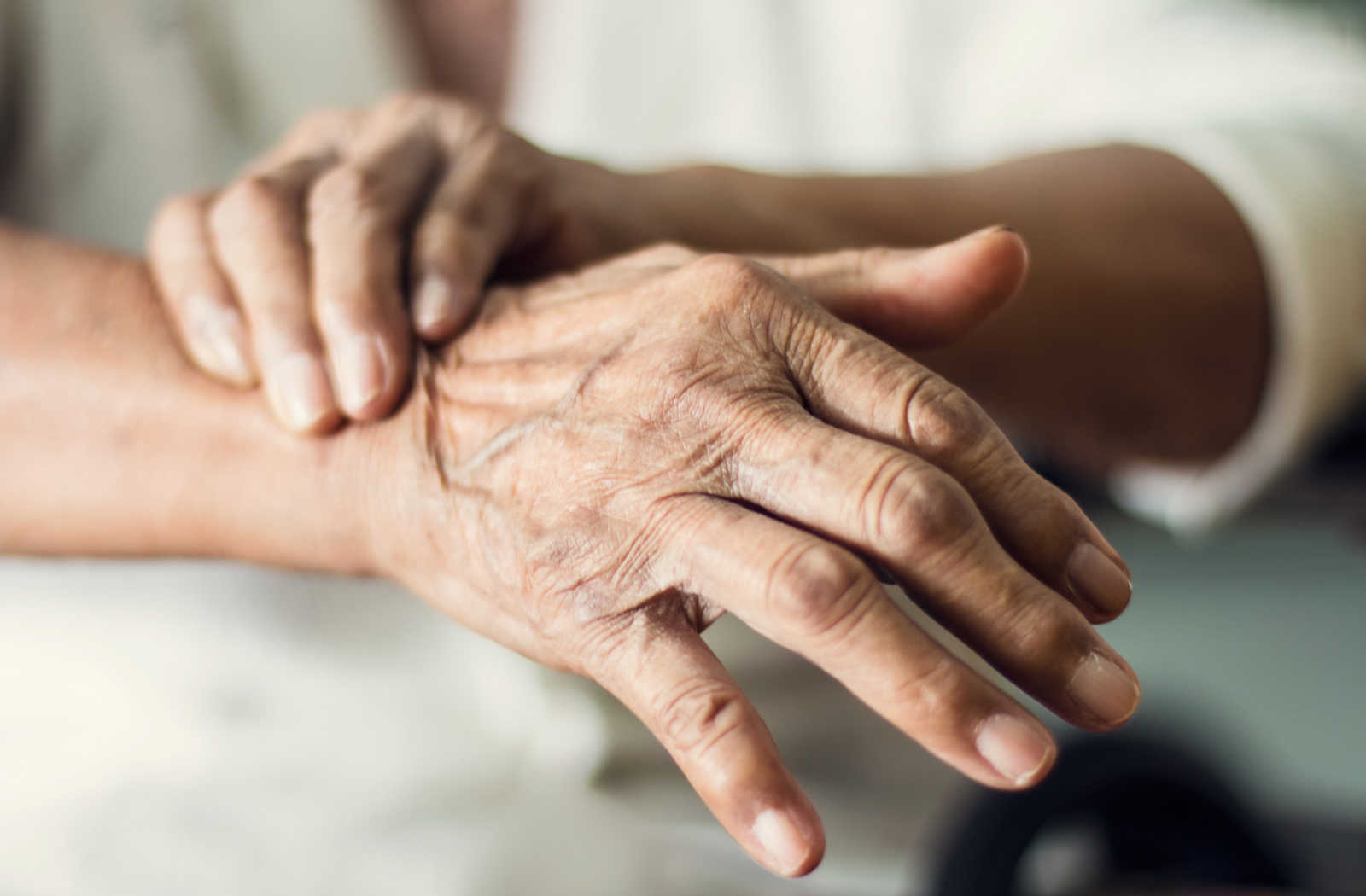Parkinson’s disease is a condition that affects the nervous system and specifically, how your body moves. It’s caused by a loss of cells in the brain that produce a chemical called dopamine. Dopamine helps transmit messages in the brain that control movement.
So what does that mean for someone with Parkinson’s disease? It can cause tremors, stiffness, difficulty with movement, and problems with balance and coordination. These symptoms can make it hard to do everyday tasks like writing, dressing, and walking, and they may need help.
As a caregiver for a person with Parkinson’s disease, it’s important to understand that each person is unique and may have different needs and challenges. However, some general tips can help you take care of your loved one and make their daily life a little easier.
- Stick to their treatment plan
- Help them with medications
- Encourage your loved one to participate in physical therapy
- Help your loved one stay active
- Support your loved one emotionally
- Make sure they’re in a safe space
- Have patience and understanding
Stick to Their Treatment Plan
One of the most important things you can do is to help your loved one stick to their treatment plan. This may include taking medications as prescribed, participating in physical therapy, and attending support groups.
It’s also important to be aware of any potential side effects of medications and to report them to the doctor.
Help Your Loved One with Their Medications
Be patient and understanding when helping your loved one with their medications, as Parkinson’s disease can cause tremors and difficulty with fine motor skills, which can make it difficult to open pill bottles and manipulate small pills.
You may need to assist with these tasks or find ways to make them easier, such as using pill organizers or purchasing medication in a different form (such as liquid or crushable tablets).
Encourage Your Loved One to Participate in Physical Therapy
In addition to medications, encourage your loved one to participate in physical therapy to maintain strength, flexibility, and mobility. Physical therapy may involve exercises to improve balance, flexibility, and strength, as well as activities to improve mobility and coordination.
Try to find a physical therapist who is experienced in working with people with Parkinson’s disease and who can tailor a program to your loved one’s specific needs and abilities.

Help Your Loved One Stay Active
Another aspect of care is helping your loved one stay as active as possible. Exercise can help improve mobility, flexibility, and overall physical function.
It’s important to find activities that your loved one enjoys and that are suitable for their ability level. This could be something as simple as going for a walk or participating in a group exercise class.
Support Your Loved One Emotionally
In addition to physical care, support your loved one emotionally as well. Parkinson’s disease can be a difficult and isolating condition, so put the effort in to make sure your loved one has a strong support network and feels connected to others.
This could involve setting up regular visits with friends and family, joining a support group, or finding activities that your loved one enjoys and that provide social interaction.
Making Sure They’re in a Safe Space
You should also consider safety when caring for a person with Parkinson’s disease. This may include making adjustments to the home to reduce fall risks, such as installing handrails and removing tripping hazards.
It’s also a good idea to have a plan in place in case of an emergency, such as keeping a list of important phone numbers and making sure your loved one has a medical alert system.
Have Patience & Understanding
In addition to these practical considerations, be patient and understanding when caring for a person with Parkinson’s disease. Parkinson’s disease can be a progressive and unpredictable condition, and it’s common for people with the disease to experience ups and downs.
Be there for your loved one and offer support and encouragement, and communicate openly about any concerns or challenges you may be facing as a caregiver.
Taking care of a person with Parkinson’s disease can be challenging, but it can also be incredibly rewarding. By being supportive and proactive, you can help your loved one live a fulfilling and independent life with their condition.
Assisted Living in Wareham
If you’re looking for more ways to get care for your loved one, and are considering a senior living community, assisted living at All American Senior Living at Wareham might be a great place to consider.Our goal is to offer our residents a balance between independence and care. With 24/7 care when it’s needed, we can provide your loved one with a safe space that includes activities and opportunities to socialize with people their own age. Schedule a tour to see our community in person.





